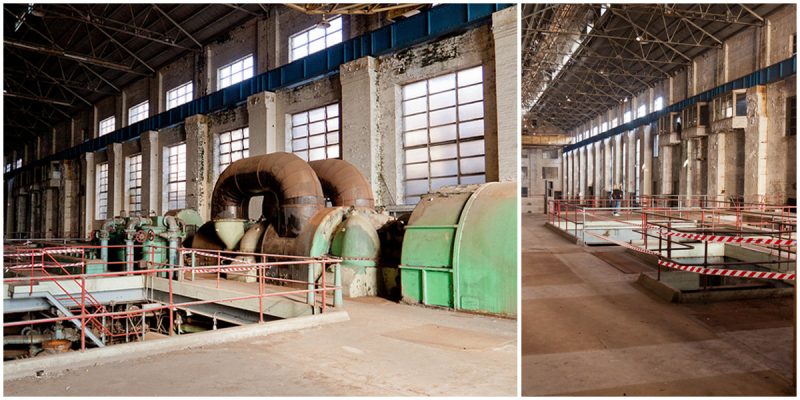Constructed in the Federation Anglo-Dutch architectural style and inactive for a number of years, the coal-fired plant White Bay Power Station in White Bay, in the suburb of Rozelle. It was fully operational from 1917 until 1983 and was originally built by the Department of Railways to supply power for the tram network.
The remains of the plant can be clearly seen at the western end of the Anzac Bridge on the junction of Victoria Road and Roberts Street.
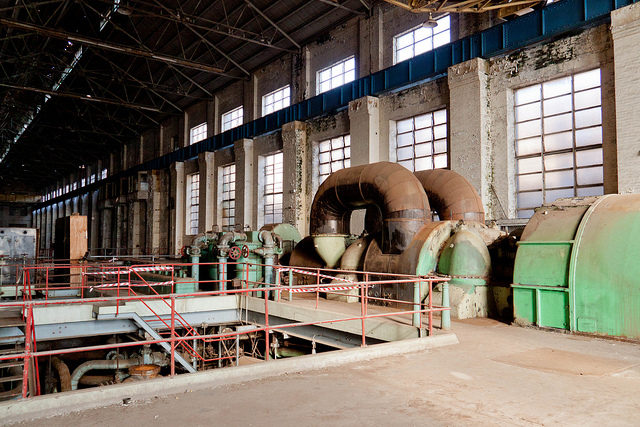
To satisfy the power requirements for the expansion of the Sydney tram and rail network, New South Wales Government Railways began the first phase of work on The White Bay Power Station in 1912. From 1917, until its decommissioning in 1983, the power station was the longest-serving of Sydney’s four power plants.
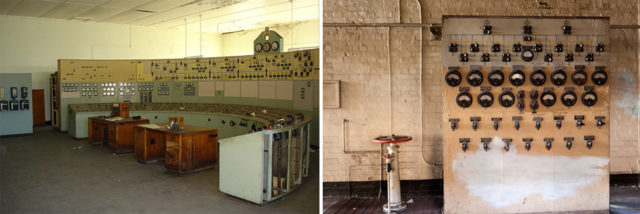
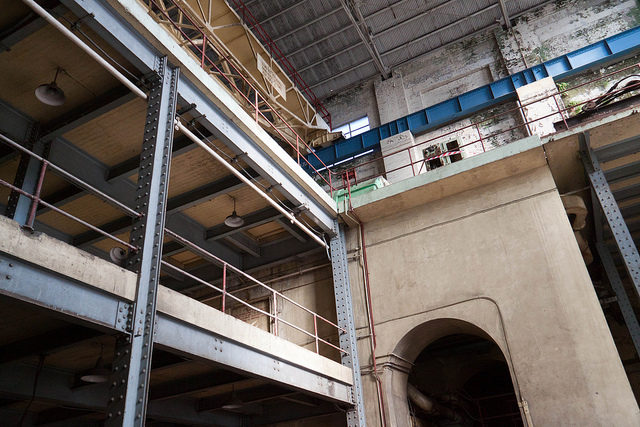
After 1912, two further phases of development, 1923–1928 and 1945–1948, saw the station expand even further. The White Bay Complex is composed of Two Steel Stacks, A Coal Handling Unit serviced by a spur rail line, Turbine Hall Building incorporating Administrative Offices, the old Laboratory and a Workshop, Boiler House, a Switch House and Substation and Ancillary structures including coal loading wharf and coal handling system.
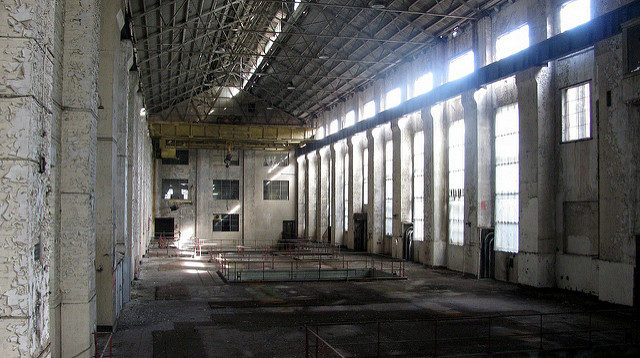
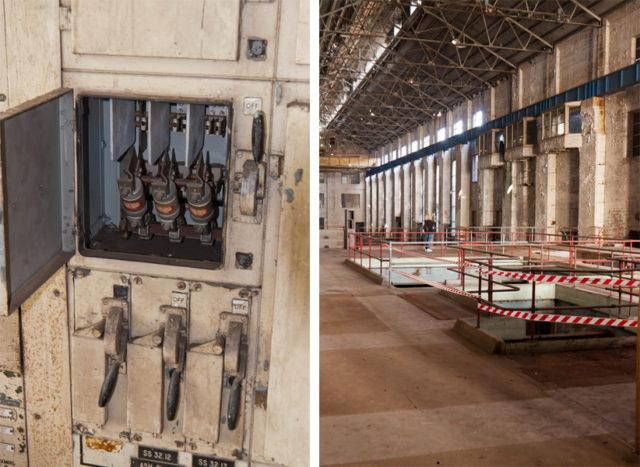
White Bay Power Station ceased production on Christmas Day in 1983. During the 1990s, the site was decontaminated, asbestos was removed and the majority of the remaining machinery taken away.
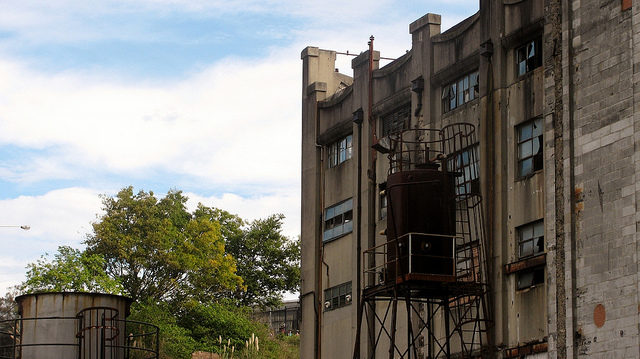
As the last remaining metropolitan power station from this era, the site must be considered rare. In 2000, the plant was sold to the Sydney Harbour Foreshore Authority (SHFA) and the company has produced a conservation management plan for the White Bay area and this was endorsed by the NSW Heritage Council in 2004. SHFA is undertaking conservation works including roof repairs to the buildings to make them weatherproof and reduce further degradation to the remaining internal plant and equipment. The future of the site, the now derelict buildings, and the remaining contents remains uncertain.
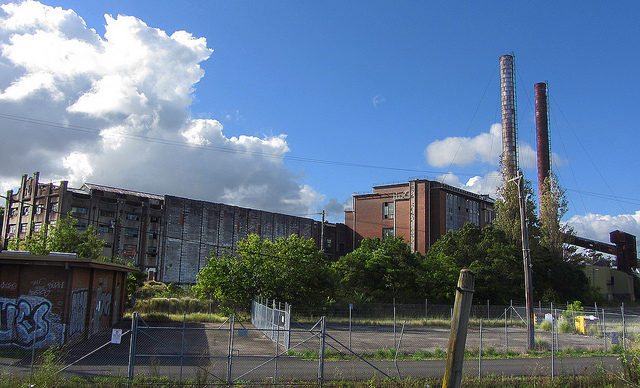
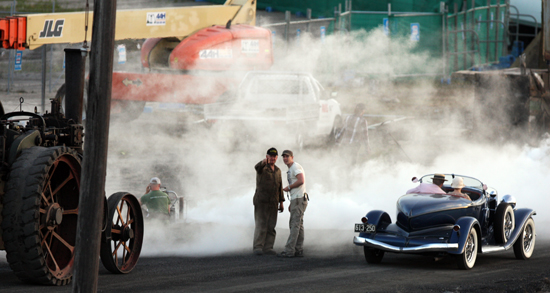
Occasional licensed guided tours of the plant have been arranged by organizations such as the Historic Houses Trust and Australia ICOMOS. The site was a popular venue for photographers and film and television productions. Productions at the power station include The Matrix Reloaded, Red Planet and a number of Australian television series, including Water Rats, and advertisements. A metal staircase constructed during the making of The Matrix Reloaded remains in the boiler house. It has recently been used as a filming site for The Great Gatsby.
